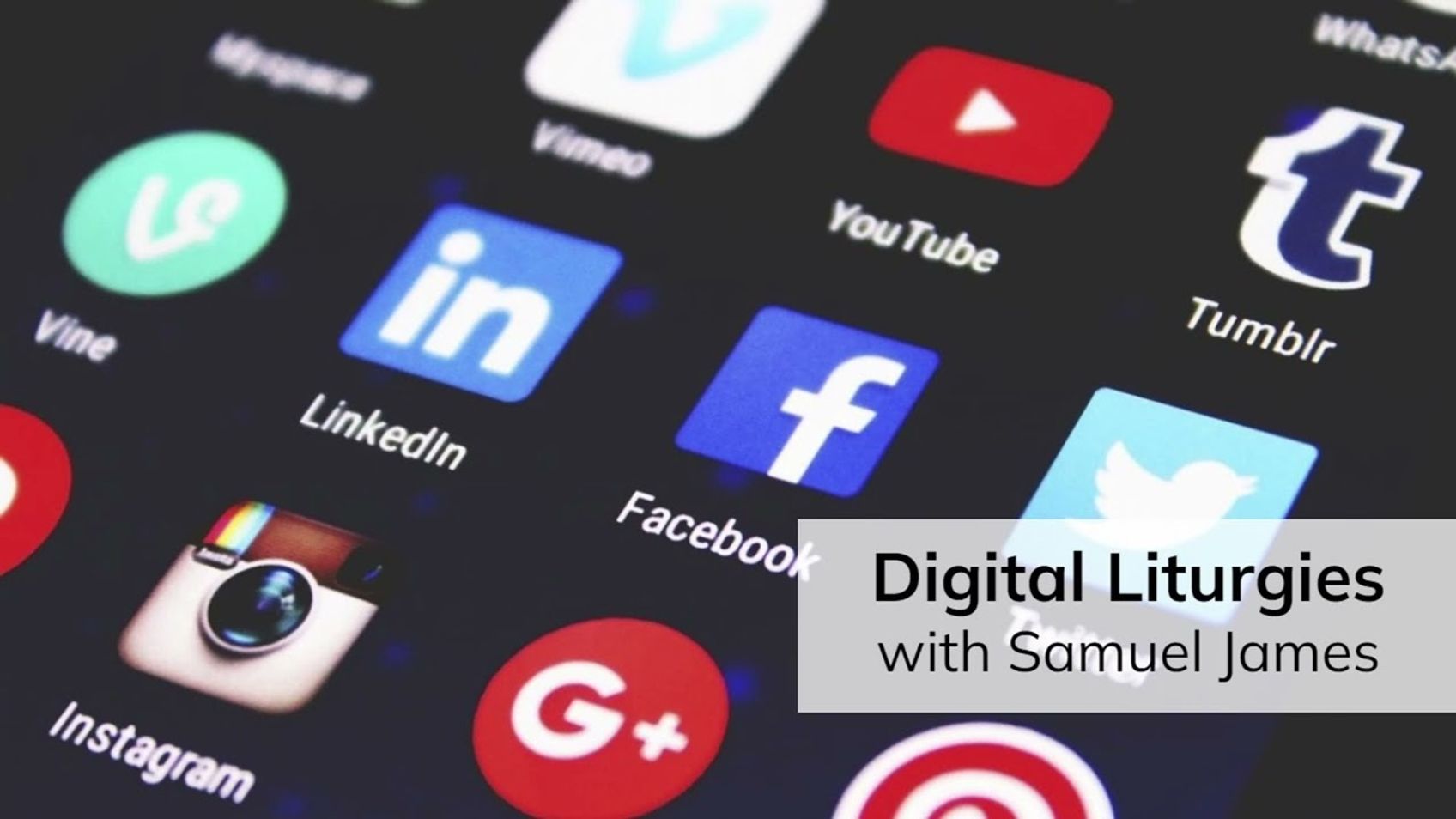Digital Liturgies (with Samuel James)

'Digital Liturgies: Rediscovering Christian Wisdom in an Online Age' (https://amzn.to/3LNn8Q3) is a new book by Samuel James. Within it he explores some of the ways that the Internet, especially social media, is shaping us and what we might do about this. He joins me to discuss it.
If you have enjoyed my videos and podcasts, please tell your friends. If you are interested in supporting my videos and podcasts and my research more generally, please consider supporting my work on Patreon (https://www.patreon.com/zugzwanged), using my PayPal account (https://bit.ly/2RLaUcB), or by buying books for my research on Amazon (https://www.amazon.co.uk/hz/wishlist/ls/36WVSWCK4X33O?ref_=wl_share).
The audio of all of my videos is available on my Soundcloud account: https://soundcloud.com/alastairadversaria. You can also listen to the audio of these episodes on iTunes: https://itunes.apple.com/gb/podcast/alastairs-adversaria/id1416351035?mt=2.
More From Alastair Roberts
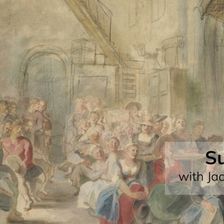
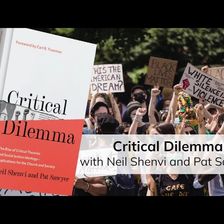
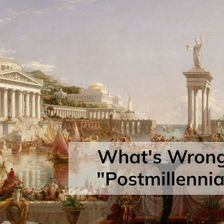

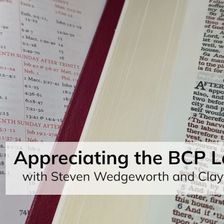
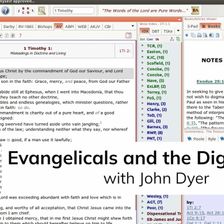
More on OpenTheo















